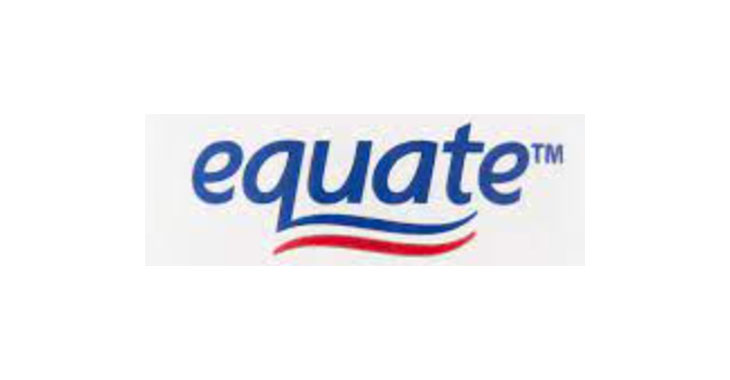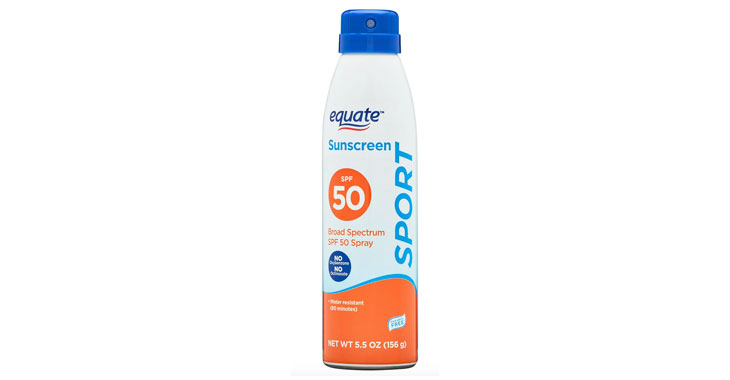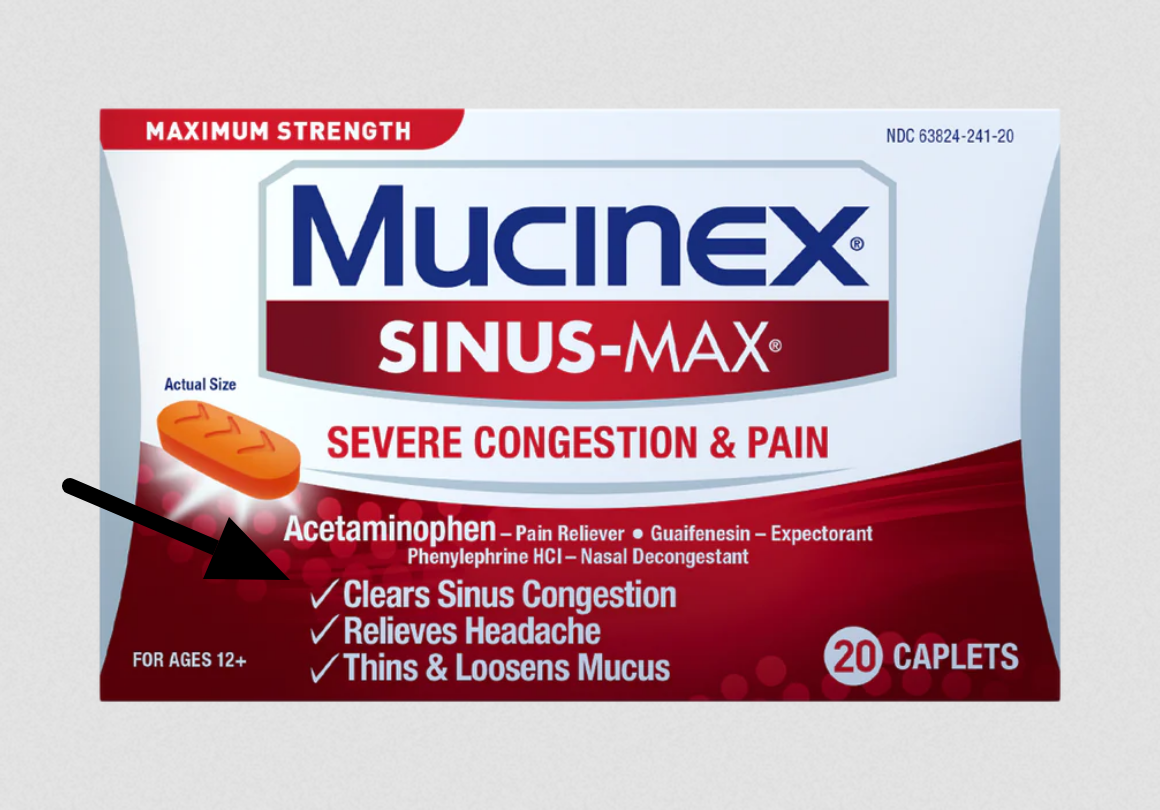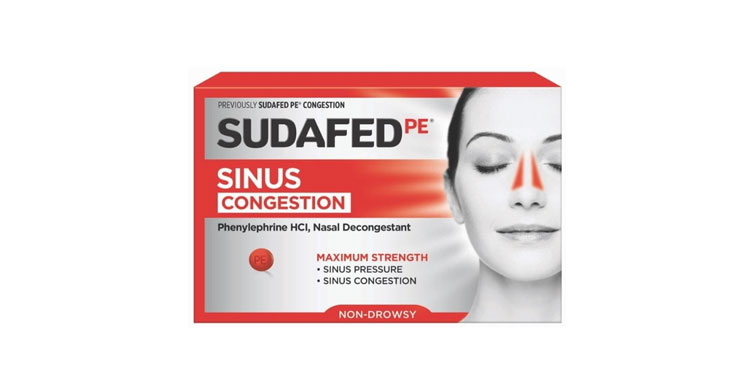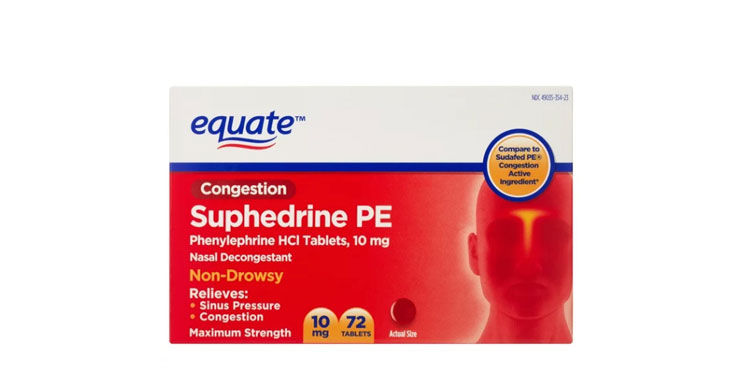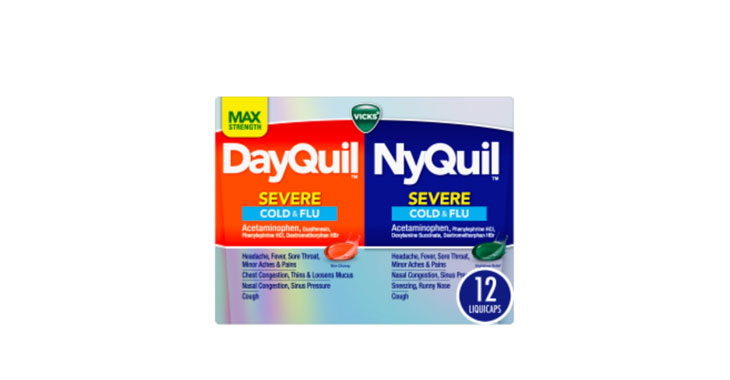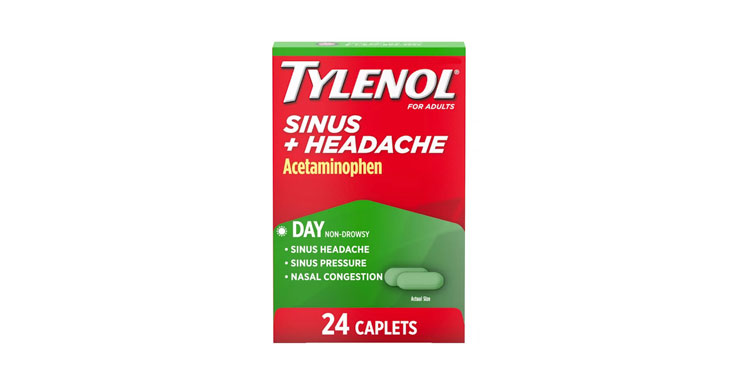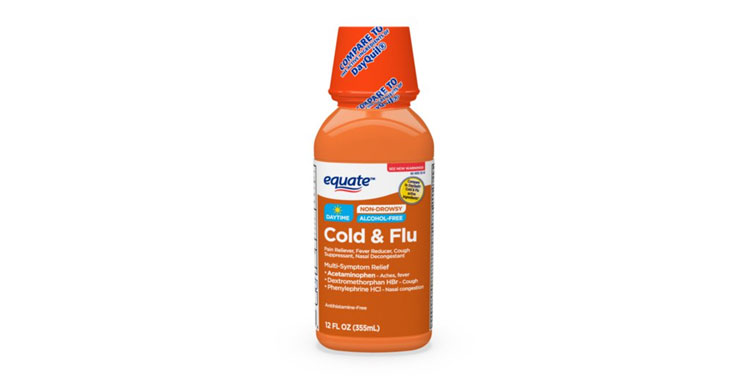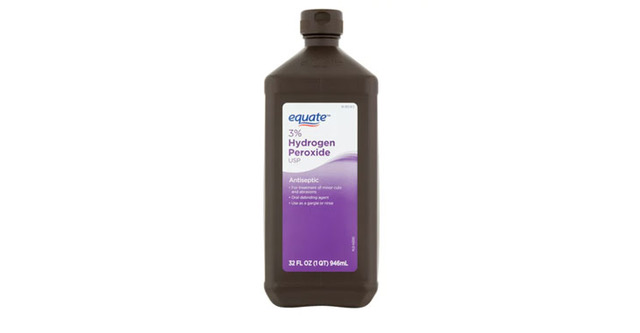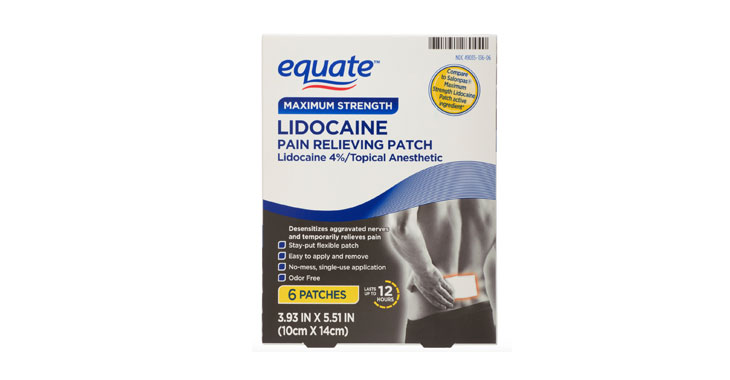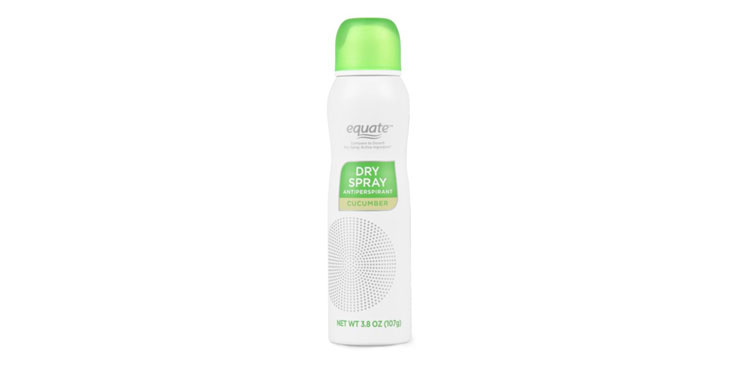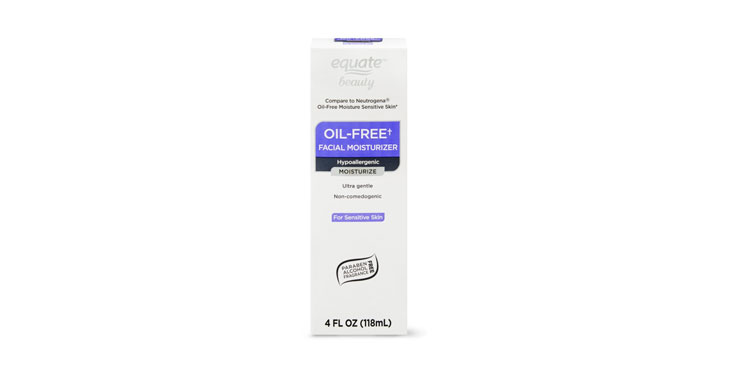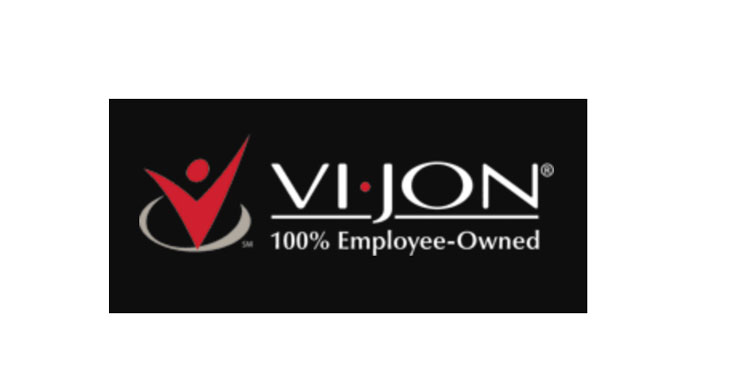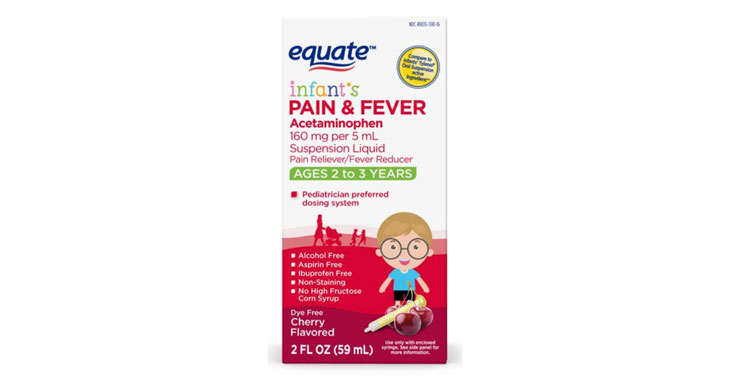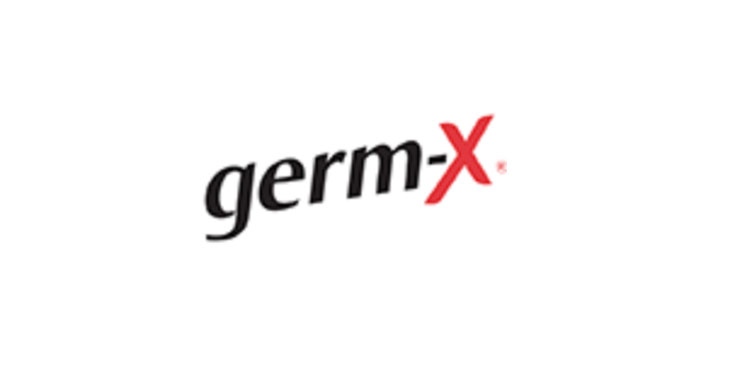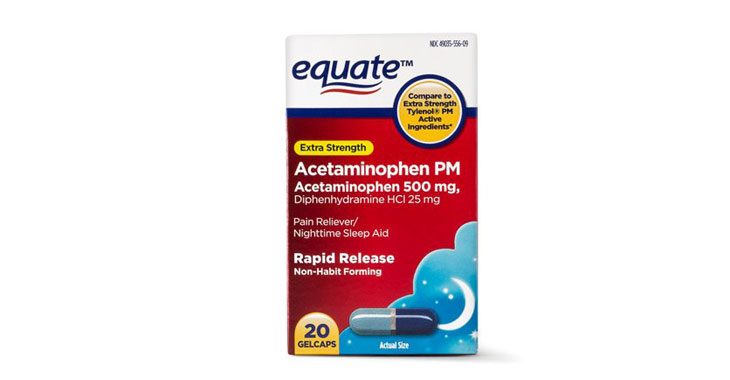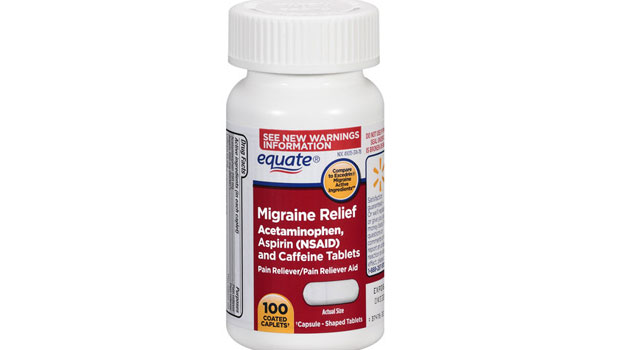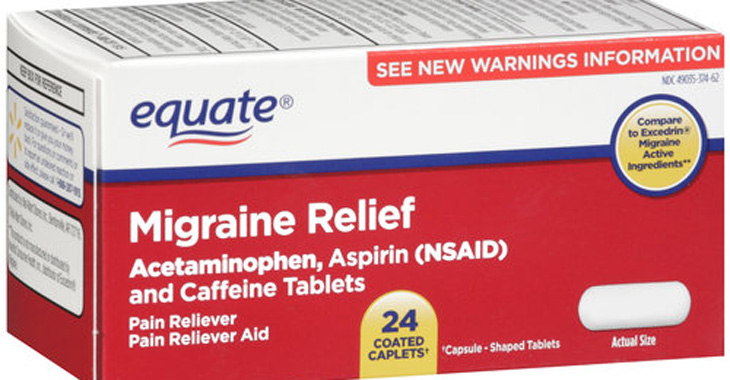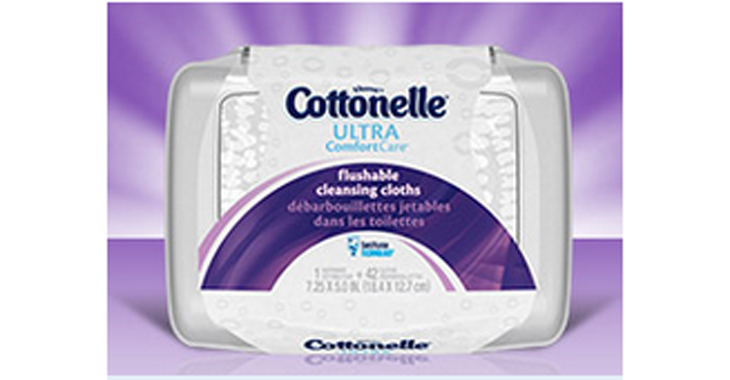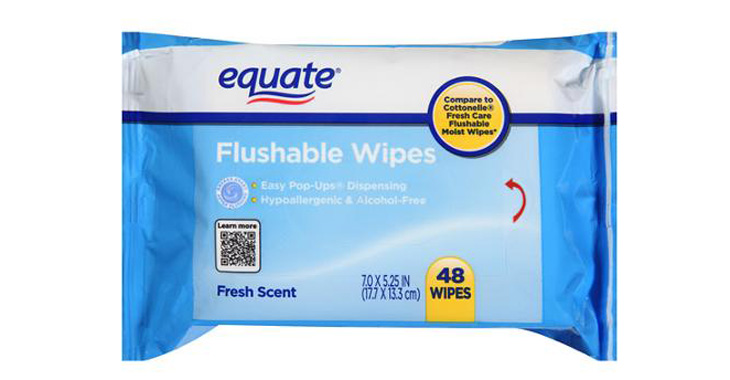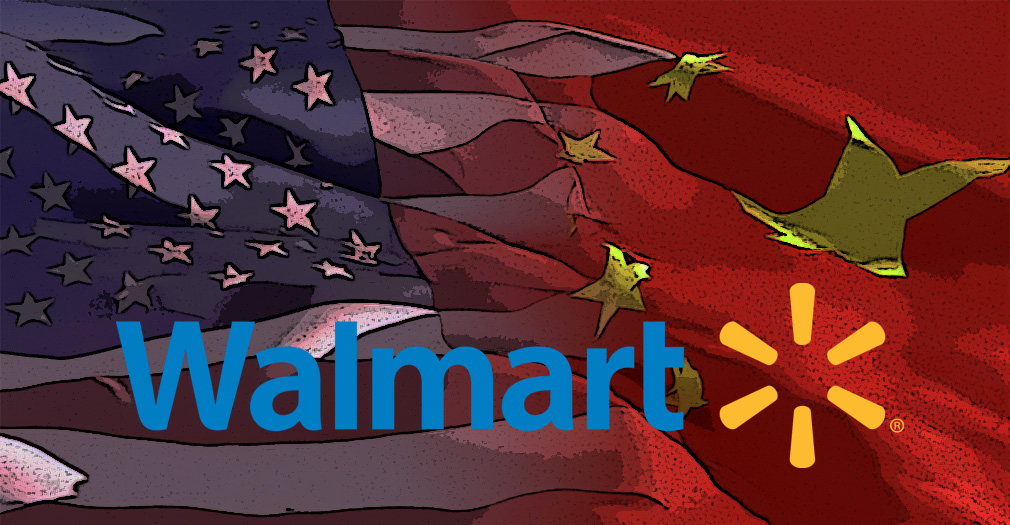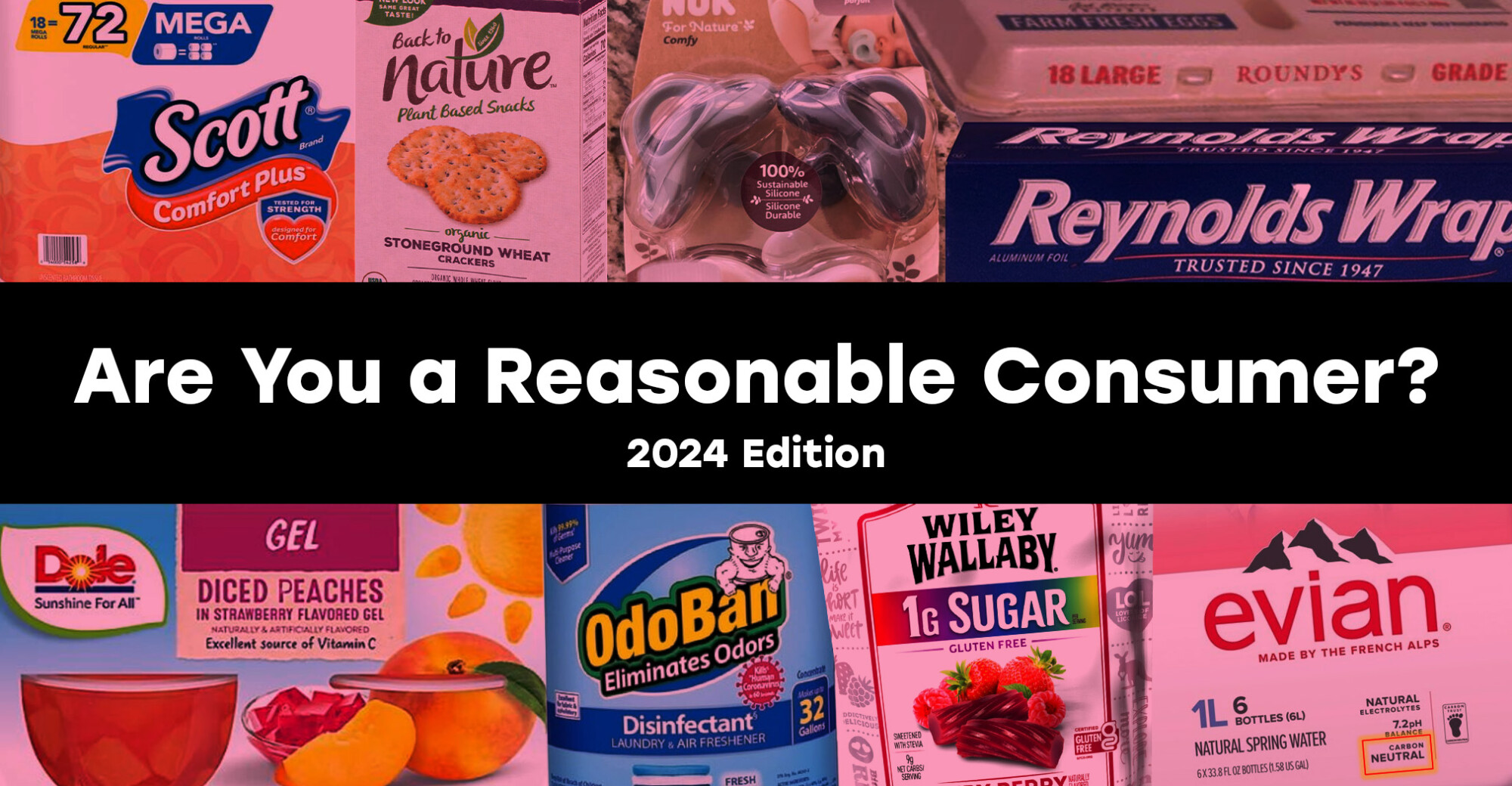
Walmart
TINA.org investigations into Walmart have revealed that the retail giant repeatedly engaged in false and deceptive Made in USA marketing on its website, and used undisclosed stealth marketing directed at…
September 2016: A federal judge granted the named plaintiff’s motion to voluntarily dismiss this action and imposed two conditions on the dismissal: First, the named plaintiff must agree to use the discovery from this case in a state court case; and second, the named plaintiff must be deposed. The dismissal was When a complaint is dismissed without prejudice, an amended version of the complaint can be refiled..
April 2015: The plaintiffs have revived this lawsuit by filing a second amended complaint alleging that the statements on the packaging of the dietary supplement Equate High Absorption Co-Q10 falsely and misleadingly represent that the supplement provides various health benefits – including that it provides various heart health benefits, provides “clinical strength,” “high absorption,” and “3x better absorption,” and is comparable to competing brands – when such claims are not true.
June 2014: A federal judge dismissed the class-action lawsuit against Walmart finding, among other things, that the complaint does not identify the nature of the fraud and explain how it is misleading.
September 2013: A class-action lawsuit was filed against Walmart for allegedly falsely advertising its Equate Co-Q10, a dietary supplement taken to help treat or prevent congestive heart failure. Among other things, plaintiffs allege that Walmart falsely claims the product provides “clinical strength,” “high absorption,” and “3x better absorption” than competitors when, in reality, the product does not provide sufficient CoQ10 nor dissolve sufficiently to provide adequate absorption, much less “3 times” that of its competitors. (Cortina et al. v. Wal-Mart, Inc., Case No. 13-cv-2054, S.D. Cal.).
TINA.org investigations into Walmart have revealed that the retail giant repeatedly engaged in false and deceptive Made in USA marketing on its website, and used undisclosed stealth marketing directed at…
Allegations: Falsely marketing sunscreens as “Reef Friendly”
Allegations: Falsely marketing sunscreens as “Reef Friendly”
Allegations: Misleadingly representing that products were safe when they contain, or were at risk of containing, the carcinogen benzene
Allegations: Falsely marketing products as non-drowsy
Allegations: Falsely marketing that devices accurately measure blood pressure
Allegations: Falsely marketing that medicines treat nasal congestion
Allegations: Falsely marketing that medicines treat congestion
Allegations: Falsely marketing that medicines relieve nasal congestion and sinus pressure
Allegations: Falsely marketing that medicines combat congestion and other sinus issues
Allegations: Falsely marketing that medicines relieve nasal decongestion
Allegations: Falsely marketing that medicines treat nasal congestion
Allegations: Misleadingly marketing medicines as “non-drowsy” when an ingredient in them causes drowsiness
Allegations: Falsely marketing sunscreens as “hypoallergenic” when they contain a significant amount of allergens, irritants, and other damage-causing chemicals
Allegations: Falsely marketing the product treats minor cuts and abrasions when scientific evidence shows it does not have such treatment capabilities
Allegations: Misleadingly marketing lidocaine pain relief patches
Allegations: Failing to disclose products contain the carcinogen benzene
Allegations: False “oil-free” claims
TINA.org finds more of the same – and then some – from retail giant.
Companies should not be able to trap consumers into subscriptions that they do not want.
If you’ve been misled by an ad, regulators want to hear from you. We do too.
Lawsuits allege “100%” marketing on front label is misleading.
See how you stack up.
